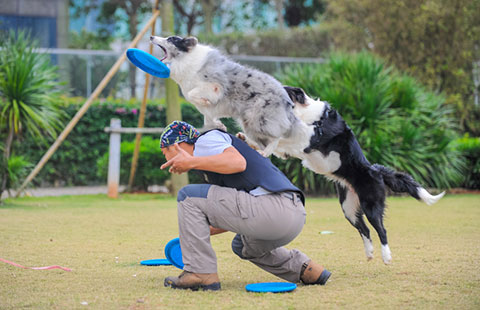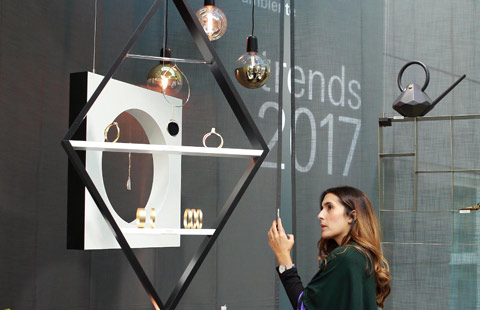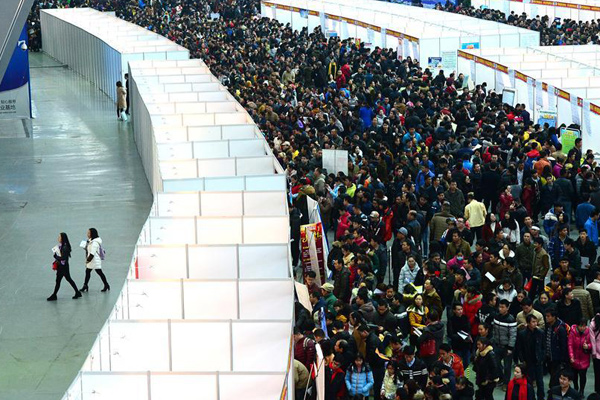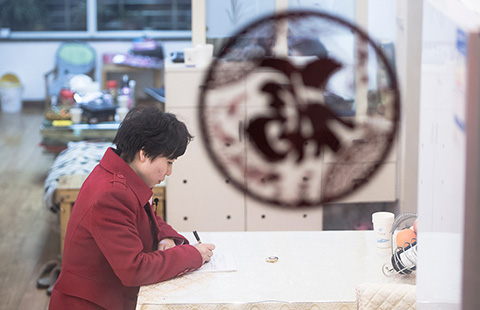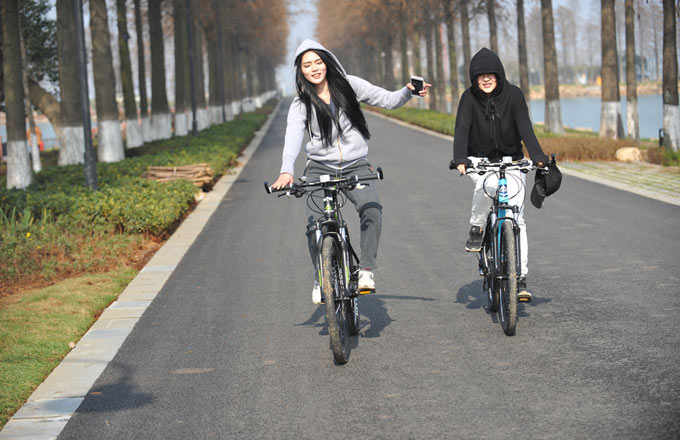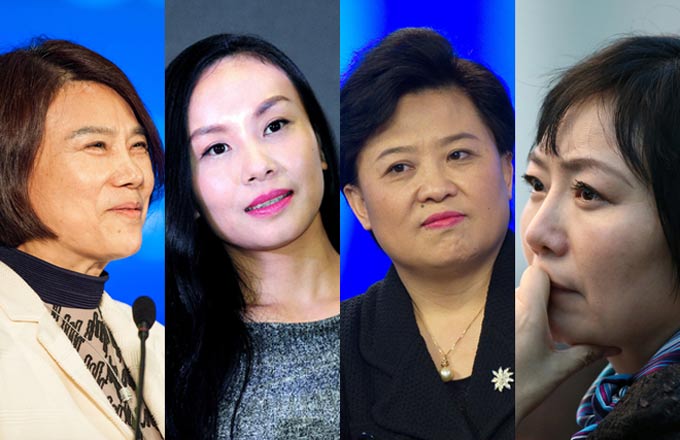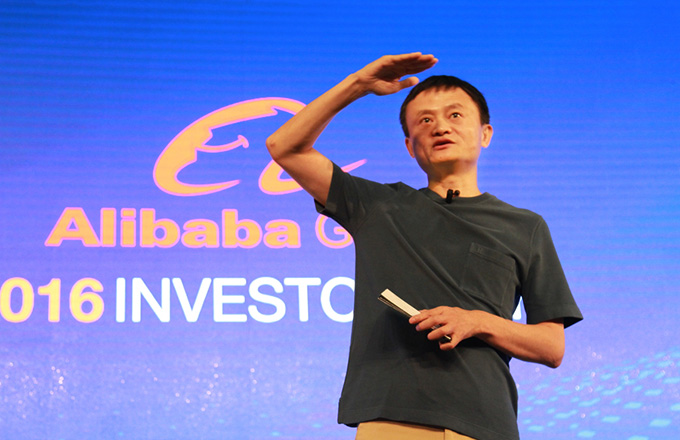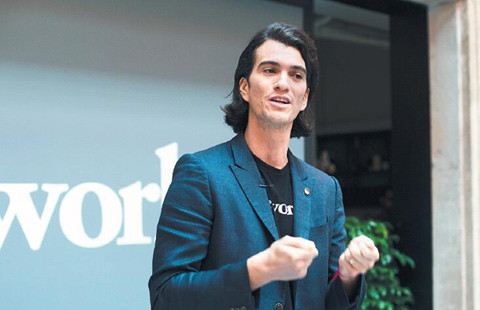Kaola helps Chinese shop online with languid grace
 |
|
Two college students in Moscow browse and order products on the global platform of a Chinese e-commerce firm. [Photo/Xinhua] |
Thanks to kaola.com, younger Chinese might now have difficulty spelling "koala" correctly.
Despite the Chinglish name, the e-commerce site connects the Chinese with products such as Australia's natural skincare lotion, infant formula and koala dolls with a few clicks of the mouse.
And it's more than just Australia-products from more than 40 countries and regions are now available via the cross-border trading platform, which is owned by Nasdaq-listed internet and gaming firm NetEase Inc.
The name "kaola" (which means koala in Chinese) was chosen as the company hopes its retail platform could make its customers feel as assured, lazy and comfortable like a koala, while leaving it the hard work of sourcing the best foreign products and delivering them to people's doors.
With only two years' operations under its belt, e-commerce, and email now represent a 20 percent of the firm's revenue, and is going gangbuster, according to its third quarter results in 2016.
Backed by resourceful parent NetEase, Kaola is able to translate its vast news portal and online gaming user base into potential buyers, who are tech-savvy, freer-spending and more knowledgeable about foreign products.
Netease has used a mixture of lifestyle, entertainment and business news to create China's second-largest online destination with more than 10.3 billion page views by mid-2016. It has also expanded its mobile news app, live-streaming service, online dictionary and music businesses with greater appeal to users.
Multi-media platforms have thus become a game-changer, according to Kaola spokesperson Wang Zheng. Kaola differentiates itself through a variety of news coverage, covering everything from securing contracts, opening overseas offices to locating new warehouses, in a bid to boost the platform's credibility and combat counterfeiting, which is a long-held malaise in overseas shopping.
"In 2015, we partnered with China Central Television ona news episode on the Belt and Road Initiative, where we covered the manufacturing of foamlatex pillows in Thailand. It wasn't planned to serve a commercial purpose, but the sales of the pillows unexpectedly skyrocketed," he said.
Registered users on Kaola jumped five-fold to 15 million in 2016 compared with a year ago, according to company data. While the firm declined to disclose gross merchandise volume, Kaola was rated as the most reliable digital B2C platform for imported goods, with users citing "authenticity" and "reasonable pricing" as the top two reasons, according to consultant iMedia Research.
Kaola has unique ways to pamper its customers. It has teamed up with Japanese cosmetics information and community portal Cosme, a guidebook for women seeking skincare solutions across Asia, and it identifies and offers these goods recommended by tens of thousands of users on the website.
It also organizes outbound trips to Japan, South Korea, Australia and the United Kingdom, mostly countries that manufacture best-selling items. Participants are encouraged to share site visits to eye-mask producers or perfume makers by using webcast or streaming video technologies.
"I like to know that what I am buying is a safe product," said Chen Zhiyu, a 29-year-old new mother in Beijing, who has purchased everything from baby diapers to breast pumps on Kaola.
"I read in the news that Kaola has set up offices in many countries and has big warehouses in free-trade zones-they just can't be fake. It ensures authenticity, and makes overseas purchases cheaper by circumventing commission from middlemen," Chen said.




